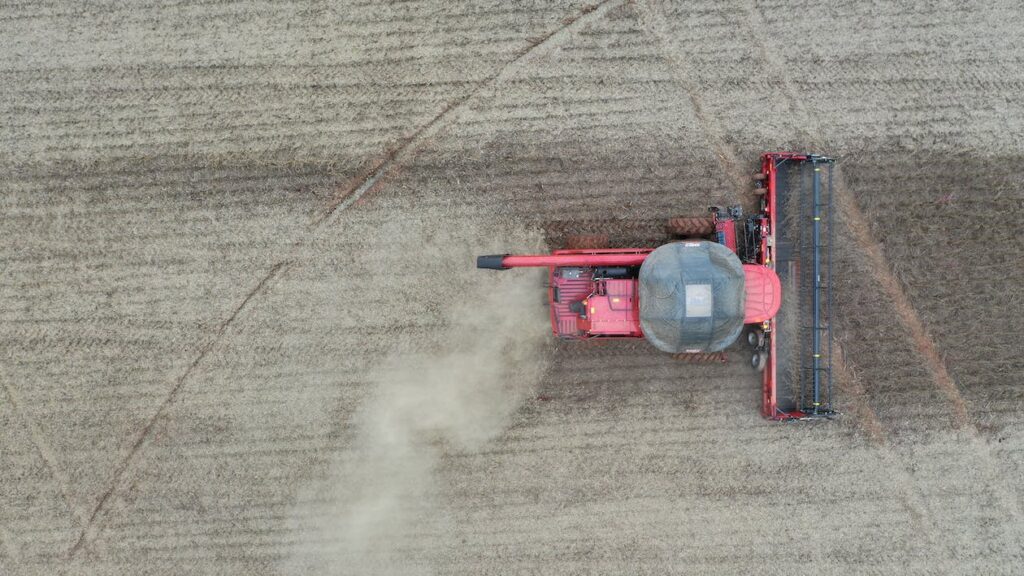Paraquat is a highly toxic herbicide that has been in use since the 1960s. It is known for its effectiveness in controlling weeds, and as a result, it has been widely used in the agricultural industry for decades. However, it has also been linked to a number of health hazards, and its use has been the subject of many lawsuits and claims against its manufacturers.

Paraquat and Parkinson’s
One of the most significant health risks associated with Paraquat is Parkinson’s disease. Parkinson’s is a neurodegenerative disorder that affects movement and has no known cure. The link between Paraquat and Parkinson’s has been established through numerous studies, including one by the National Institutes of Health. The study found that people exposed to Paraquat are 2.5 times more likely to develop Parkinson’s disease than those who are not exposed.
This has led to many individuals who have been exposed to Paraquat and have developed Parkinson’s disease filing lawsuits against the manufacturers of the herbicide. The plaintiffs claim that the manufacturers failed to adequately warn them about the risks associated with the use of the herbicide, and that they should be held responsible for the damages caused.

Banning of Paraquat
In response to these claims, several countries have either banned or severely restricted the use of Paraquat. The European Union, China, and Brazil have banned Paraquat, and other countries have restricted its use. In the United States, the Environmental Protection Agency (EPA) has stated that it will not ban the use of Paraquat, but will require additional safety measures to be implemented to reduce exposure to the herbicide.
The manufacturers of Paraquat, on the other hand, deny any wrongdoing and argue that the herbicide is safe when used as directed. They claim that the link between Paraquat and Parkinson’s disease is not yet fully understood and that other factors may be contributing to the development of the disease.
However, evidence continues to mount against Paraquat. A recent study published in the journal Environmental Health Perspectives found that people who live within 1 kilometer of agricultural fields where Paraquat is used are at a higher risk of developing Parkinson’s disease. The study also found that the risk increased the longer the exposure to the herbicide.
Regardless of the ongoing debate, it is clear that Paraquat poses significant health risks to those who are exposed to it. If you or a loved one has been exposed to Paraquat and has developed Parkinson’s disease or any other illness, it is important to seek legal advice and consider filing a claim against the manufacturers.
Conclusion
Paraquat claims are becoming increasingly common as more and more evidence emerges about the dangers of this toxic herbicide. While the manufacturers continue to deny any wrongdoing, individuals who have been affected by the herbicide are seeking justice and compensation for the damages caused. It is important for the public to be aware of the risks associated with Paraquat and to take necessary precautions to protect their health. It is also crucial for governments and regulatory bodies to take action to restrict or ban the use of Paraquat in order to protect the public’s health and wellbeing.
